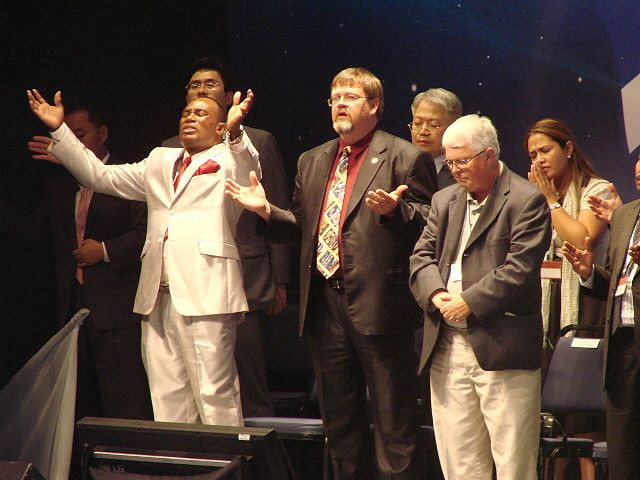Wisconsin Parents’ Convictions In Prayer Death Upheld By Court: Where Is The Line Between Religious Practice And Child Abuse?

The parents of an 11-year-old girl who died Easter Sunday 2008 have been properly convicted of homicide by the Wisconsin Supreme Court on Wednesday.
Madeline Kara Neumann died from an undiagnosed case of diabetes, although doctors say had she received medical attention before she stopped breathing, her chance of survival would have been promising. Neumann never received the assistance because her parents, acclaimed Pentecostal Christians, believed seeking the help of a doctor symbolized idol worship. So they attempted to pray her sickness away instead.
Prosecutors accused the parents, Dale and Leilani Neumann, of ignoring obvious warning signs that their daughter was seriously ill when she became too weak to speak, eat, drink, or walk. The couple's attorneys challenged the court's initial 2009 guilty verdict with the claim that religious freedoms are protected by Wisconsin law up through risk of death, and that the line between spiritual treatment and child abuse is too ambiguous to rule definitively.
Dale Neumann testified that the possibility of death never entered their minds. Leilani Neumann told police God would raise Kara from the dead, the Associated Press reported.
Wednesday's ruling upheld the initial verdict 6-1, as the Court asserted criminal immunity for death by prayer has clear limits. The Neumanns exceeded these limits, it said.
"The juries could reasonably find that by failing to call for medical assistance when Kara was seriously ill and in a coma-like condition for 12 to 14 hours," Chief Justice Shirley Abrahamson wrote for the majority, "the parents were creating an unreasonable and substantial risk of Kara's death, were subjectively aware of that risk, and caused her death."
Not all the justices saw the limits as being so clear, however. Justice David Prosser was the lone dissenter.
He argued in favor of the Neumanns' behavior only insofar as the law is unclear. The limits for immunity in death by prayer cases don't have set timeframes, levels of severity, definitive symptoms, or thresholds for suffering. These ambiguities, he notes, made the Neumanns' case too foggy to register a guilty verdict.
"There were and are serious deficiencies in the law and they ought to be addressed by the legislature and the courts," Prosser said. "Failing to acknowledge these deficiencies will not advance the long-term administration of justice."
The Neumanns' 2009 conviction of second-degree reckless homicide yielded one month of prison a year for six years. The penalty could have reached as high as 25 years in prison.
The couple's reaction to the verdict seemed in accord with their beliefs, Dale Neumann's attorney, Steven L. Miller, asserted.
"They're still mourning the loss of this child," he said. "From their perspective they felt they were acting in a legal manner."
Published by Medicaldaily.com



























